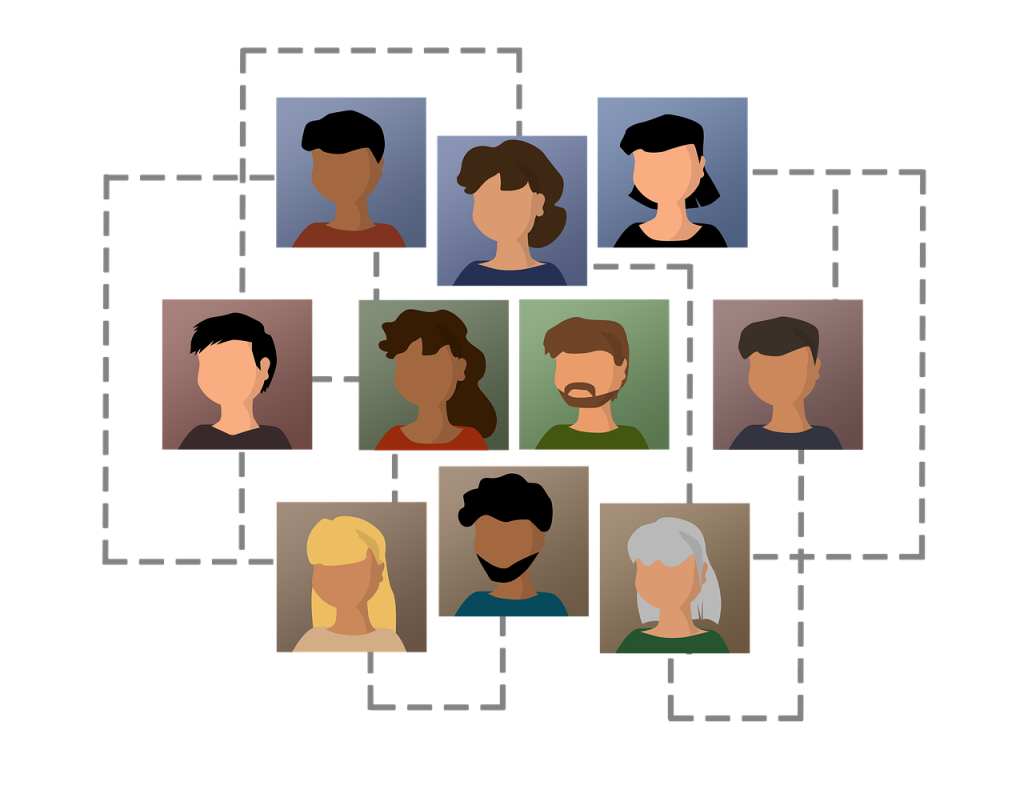New permissions in the Family Law
It has already been published in the BOE on Royal Decree Law 5/2023, of June 28 which establishes the three new permits for caring for children and cohabitants. These permits had already been included in the Family Law Project. The Government approved this Law on March 28 and days later, the draft of said Law was published in the Official Gazette of the Cortes Generales of April 14, 2023.
The three permits for caring for children, family members and cohabitants included in Royal Decree Law 5/2023 are:
Paid leave of up to 5 days so that each worker can take care of second-degree relatives or cohabitants.
This permit contemplates the possibility of being absent from your job, on a paid basis, up to 5 days per accident or serious illness, hospitalization or surgical intervention without hospitalization requiring home rest of:
- Spouse or de facto partner.
- Relatives up to the second by consanguinity or affinity.
- Blood relatives of spouse or de facto partner.
- Any person who lives with the worker in the same home and needs care.
This measure relieves the mental burden of workers who until now did not legally have conciliation measures.
Paid leave of up to 4 days a year for emergencies when there are family reasons that are unforeseeable
The worker will have the possibility of being absent from work for cause of force majeure when necessary for urgent and unforeseeable family reasons, related to family members or cohabitants, in the event of illness or accident that makes their immediate presence essential.

8-week leave to care for children.
This was the great measure that the families were waiting for and it has been completely bittersweet, because although the European directive requires that this leave be paid, the reality is that it has been published as a unpaid leave.
Parental leave is regulated as a cause for suspension of the employment contract (art. 45.1o ET), without the right to remuneration (art. 45.2 ET), for the care of a son, daughter or minor taken in for a period of more than one year, up to the moment the minor turns eight years old. Said permit will have a duration of no more than eight weeks, continuous or discontinuous, which may be enjoyed full-time or on a part-time basis in accordance with what is established by regulation (art. 48 bis ET).
It should be noted that this permit is non-transferable and can be enjoyed flexibly.
It will be up to the worker to specify the start and end date of the enjoyment or, where applicable, the periods of enjoyment, and must notify the company 10 days in advance or, where applicable, as specified by the collective agreements.
This permit has been designed to facilitate the care of children during periods in which the minor does not have class, such as the summer period or similar.
Now the expectation is set the possibility of the permit being paid, as established by the European directive, the maximum date would be August 2024.
Law that will generate debate
This is a long-awaited Law that has generated and will continue to generate a deep debate on work-family conciliation.
Although it is beginning to facilitate the family situation, it still has a long way to go for improvement, so we will closely follow the evolution of this Law and its regulation.
Yeah you are interested in training and developing professionally in the field of human resources you can find out about our Master in HR: People Management, Talent Development and Labor Management.




































